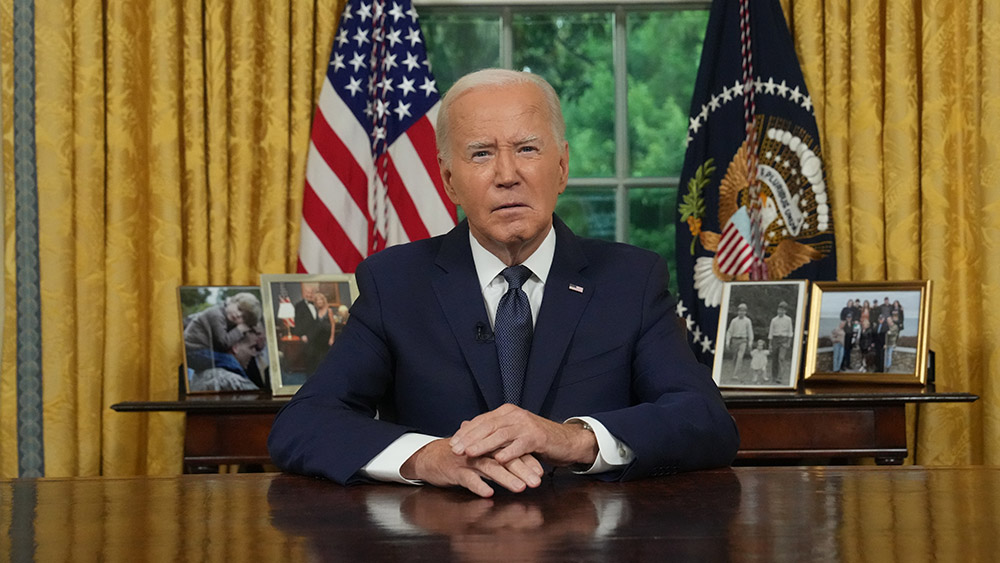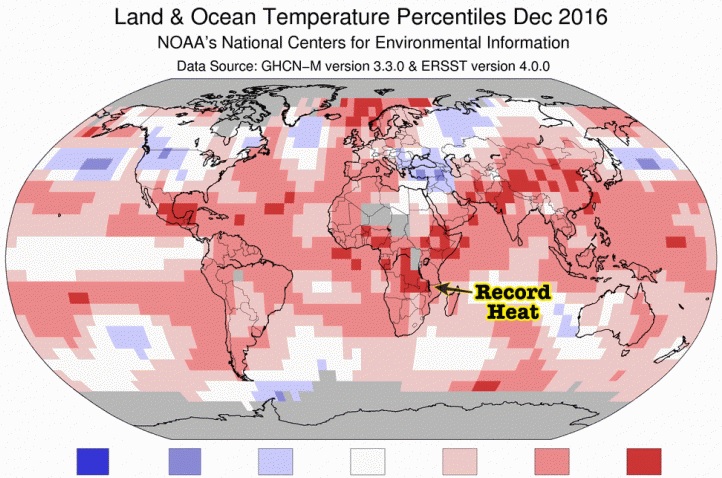 Parler
Parler Gab
Gab
- The Mexican government filed a lawsuit against Google for renaming the Gulf of Mexico to the Gulf of America on Google Maps, arguing the U.S. lacks unilateral authority to alter an internationally recognized name.
- The U.S. House approved a bill formalizing the renaming on federal documents, following an executive order by President Trump, who claimed the U.S. "does most of the work" in the gulf.
- Mexican President Claudia Sheinbaum clarified that Trump's order applies only to the U.S. continental shelf, not the entire gulf, and criticized Google for ignoring Mexico's objections.
- Google defended its compliance with government-mandated updates, while the Associated Press refused to adopt the new name, leading to temporary White House access restrictions for its reporters.
- Similar disputes arose over the Persian Gulf, with Trump reportedly planning to rename it the Arabian Gulf, angering Iran. Analysts see these moves as attempts to strengthen alliances but risk inflaming international relations.
From Mexico to the Middle East: Another gulf naming dispute
The dispute between Washington and Mexico City over the gulf's name mirrors a similar flashpoint in the Middle East. The Guardian reported on Wednesday, May 7, that Trump reportedly plans to relabel the Persian Gulf as the Arabian Gulf during a visit to Saudi Arabia. The real estate mogul's plans, which threaten to derail delicate nuclear talks, drew sharp condemnation from Iran. Abbas Araghchi, the Islamic republic's foreign minister, warned that the "absurd" move "bring the wrath of all Iranians." He continued: "Politically motivated attempts to alter the historically established name of the Persian Gulf are indicative of hostile intent toward Iran and its people." The term "Persian Gulf" dates back to ancient times, while Arab nations have long advocated for alternative names. Historical tensions over the gulf's name are not new, however. In 2012, Tehran threatened legal action against Google for omitting the Persian Gulf label entirely from its maps. Analysts suggest Trump's latest move is aimed at currying favor with Arab allies, particularly in negotiations involving Israel. European diplomats meanwhile expressed fear the decision could harden Iranian opposition to nuclear talks, with one warning that Trump would "unite every Iranian, pro- or anti-regime, against him." (Related: Trump readies for high-stakes direct nuclear talks with Iran: "Great danger" looms if negotiations fail.) Washington's push to rename the two bodies of water has escalated into a legal and diplomatic dispute, with the broader implications of renaming sovereign waters remaining contentious. Whether driven by nationalism, strategic alliances, or corporate compliance, these disputes underscore how deeply geography is intertwined with identity and power – and how easily cartographic changes can inflame international relations. SearchEngine.news has more stories about Google. Watch Alex Jones of InfoWars commenting on President Trump's announcement to rename the Gulf of Mexico in this clip. This video is from the InfoWars channel on Brighteon.com.More related stories:
Trump's pro-Israel ideologues face reality check in dealing with Gulf states. Trump administration BANS Associated Press reporters from Oval Office, defying court order. Trump to issue sweeping executive orders on immigration, energy, and federal reform on Inauguration Day. Sources include: TheNationalPulse.com BBC.com TheGuardian.com Brighteon.comJoe Biden diagnosed with aggressive prostate cancer amid speculation about his health
By Finn Heartley // Share
Swiss privacy pioneer Proton threatens exodus over “Russian-style” surveillance laws
By Willow Tohi // Share
Faked data? Met Office’s data gaps raise questions over climate crisis claims
By Willow Tohi // Share
Gov. Patrick Morrisey bans DEI, woke policies in West Virginia
By Laura Harris // Share
Governments continue to obscure COVID-19 vaccine data amid rising concerns over excess deaths
By patricklewis // Share
Tech giant Microsoft backs EXTINCTION with its support of carbon capture programs
By ramontomeydw // Share
Germany to resume arms exports to Israel despite repeated ceasefire violations
By isabelle // Share










